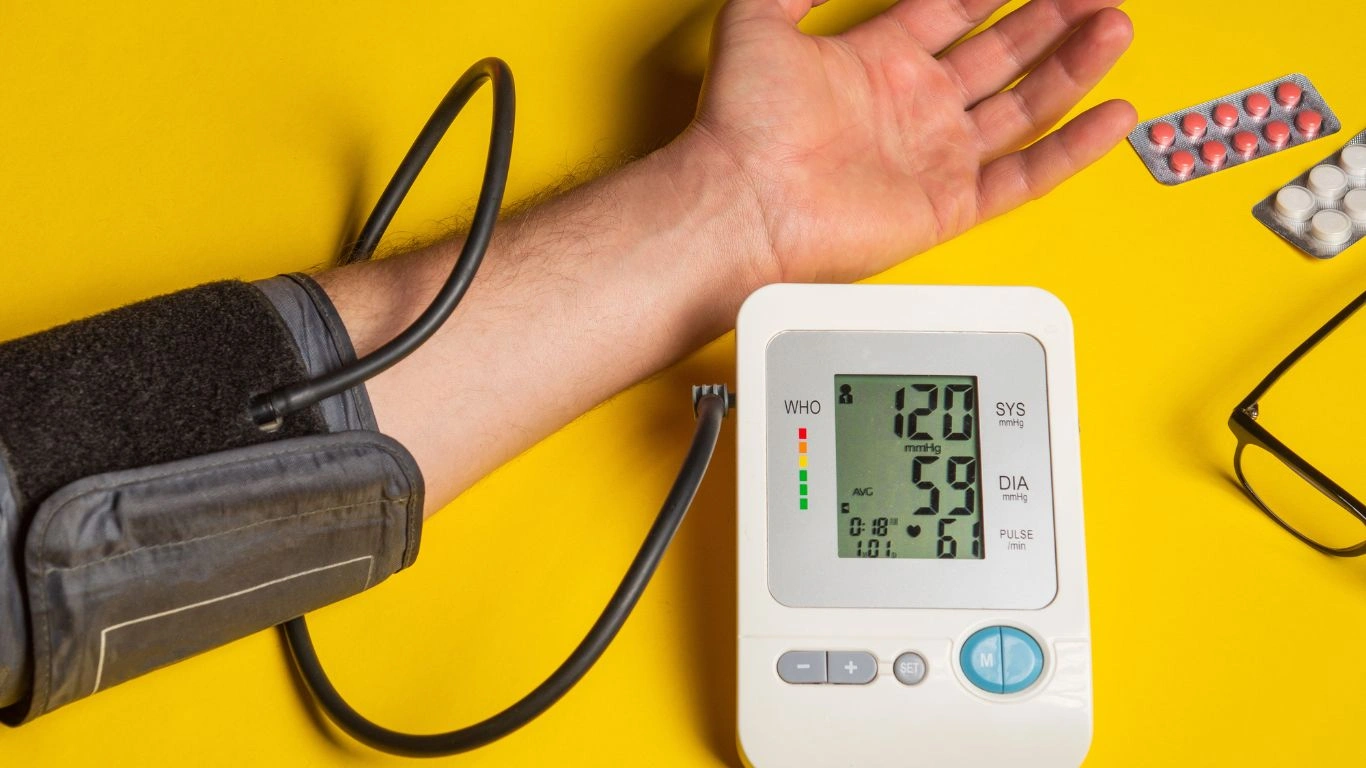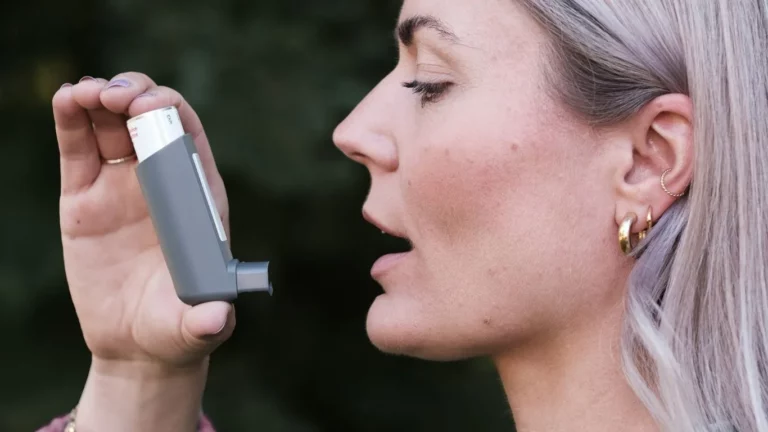Is Lemon Balm Safe for Hypertension? Benefits and Risks Explained
If you’re managing high blood pressure and wondering, is lemon balm safe for hypertension? — you’re not alone. As an Internal Medicine physician who works with hypertensive patients daily, I’ve been asked this exact question more times than I can count. It makes sense. Lemon balm sounds gentle and herbal, not exactly something you’d suspect could mess with your blood pressure. But the truth? It’s not as straightforward as just saying yes or no. Let’s break it down together — not just with textbook facts, but with real-world experience sprinkled in.
What Exactly Is Lemon Balm?

Lemon balm, or Melissa officinalis, is a lemon-scented herb that’s been used for centuries in traditional medicine. It’s part of the mint family and often shows up in teas, tinctures, and even essential oils. People love it for its calming effects — think stress relief, better sleep, and a gentle mood lift. That’s all well and good, but once you factor in hypertension, the plot thickens a bit.
How Lemon Balm Interacts with Blood Pressure

Relaxation Effects Can Influence Blood Pressure
Here’s where things get interesting. Lemon balm promotes relaxation, which *can* cause a slight decrease in blood pressure — mostly because it can reduce stress levels and maybe even lower your heart rate. Some of my patients swear by a nightly cup of lemon balm tea to wind down after a hectic day. And honestly? That stress relief alone can be a big win for people with hypertension. Chronic stress is a sneaky, often underestimated contributor to high BP.
But Can It Interfere with Medications?
Now, this is where I start to wave my metaphorical red flag. Lemon balm, like many herbs, isn’t always as innocent as it seems when mixed with prescription meds. Especially if you’re already on antihypertensives like beta-blockers or ACE inhibitors, lemon balm could enhance the effects of these drugs. That might sound good in theory, but it could push your BP too low — hello dizziness, fatigue, and even fainting.
I’ve had a patient once who doubled down on lemon balm supplements during a particularly stressful season — without telling me. Her blood pressure dropped so much, she nearly passed out at work. Not fun. The takeaway? Even natural remedies need to be treated with respect when you’re on prescribed medications.
Potential Benefits of Lemon Balm for People with High Blood Pressure

More Than Just Stress Relief
Beyond the calming vibe, lemon balm may offer a few added perks for people managing hypertension — though the research is still emerging. Some studies suggest it has antioxidant properties, which can help protect blood vessels and support heart health overall. That’s exciting, but I always caution patients not to rely on it as a standalone treatment. It’s not a substitute for your meds or for lifestyle changes like reducing sodium or getting your steps in.
Easy Ways to Incorporate Lemon Balm
Okay, so you’re interested but want to play it safe? Smart move. Here are a few gentle ways to try lemon balm without going overboard:
- Tea: Brew a mild cup at night to help you unwind. Skip the sugar, obviously.
- Topical use: Some people use lemon balm creams for skin conditions or stress relief via aromatherapy — not directly impacting BP.
- Cooking: Add a few fresh leaves to salads or fish dishes for a citrusy punch without taking a supplement.
But here’s the golden rule: Always loop in your doctor — especially if you’re on meds. And yes, I’m saying that as someone who’s seen even “harmless” herbs throw a wrench into a carefully balanced treatment plan.
What the Research Says About Lemon Balm and Hypertension

Now, let’s get into the good stuff — the science. Because while anecdotal evidence (like my patient stories) is helpful, we also need the research receipts. Unfortunately, there aren’t mountains of studies specifically asking, is lemon balm safe for hypertension? But we can still piece together some insights from what’s out there.
One small clinical trial I came across during residency looked at lemon balm extract in patients with mild anxiety and elevated blood pressure. While it wasn’t designed to test BP outcomes, a few participants saw modest drops in systolic pressure after regular use — nothing dramatic, but enough to raise eyebrows. These changes seemed tied more to anxiety reduction than a direct cardiovascular mechanism.
Other studies have explored lemon balm’s effects on the nervous system, particularly the way it interacts with GABA receptors (which help regulate mood and stress responses). Again — less stress, less tension in the body, and possibly lower BP as a ripple effect. It’s not a slam dunk, but it’s intriguing.
When Lemon Balm Might Not Be the Best Choice

Not All Bodies React the Same Way
One of the biggest lessons I’ve learned practicing internal medicine? No two patients respond the same way — especially when it comes to herbs and supplements. Some people take lemon balm daily with zero issues, while others might get dizzy after just a small dose, especially if they’re already on antihypertensives or diuretics. Your physiology, your med list, your lifestyle — it all plays a role.
I once had a patient, let’s call her Linda, who started lemon balm tea because her neighbor swore by it. She was already on a calcium channel blocker, and about a week in, she started experiencing unusual fatigue and lightheadedness. Her home BP readings were dipping lower than ideal. We stopped the tea, adjusted her meds slightly, and the symptoms vanished. Lesson learned: what works for your neighbor might not work for you.
Watch Out for These Red Flags
- Low BP symptoms: Dizziness, blurred vision, and feeling faint — these can indicate your pressure’s too low.
- Medication overlap: Especially if you’re on more than one antihypertensive — lemon balm may tip the balance.
- High doses: Supplement capsules are often more concentrated than teas — and come with a greater risk of interactions.
And don’t forget: natural doesn’t always mean safe. Just because lemon balm grows in a garden doesn’t mean it’s harmless in every context.
Smart Guidelines for Using Lemon Balm Safely

Start Low and Slow
If you’re curious and want to test the waters, I always recommend starting with a low dose. A mild tea is usually the gentlest form. Skip the capsules or tinctures unless you’re working with an herbalist or have the green light from your healthcare provider. The last thing we want is a herb-induced BP crash, right?
- Talk to your doctor before adding any new supplement — yes, even teas. I can’t emphasize this enough.
- Monitor your BP more frequently if you introduce lemon balm — track any shifts and how you feel.
- Use clean, simple products — look for organic lemon balm teas with no added herbs or ingredients.
Timing Can Matter Too
From experience, I’ve noticed patients do better when they take lemon balm in the evening — especially if it’s being used for sleep or stress relief. Taking it during the day, particularly in combo with meds, might amplify the fatigue or lightheadedness. A bedtime routine featuring a warm cup of lemon balm tea can be relaxing and low-risk — just make sure you’re not taking it alongside sedative meds or sleep aids.
Bottom line? Lemon balm has potential, but it’s not a free pass. If you’re managing hypertension (and I mean really managing it, with meds and lifestyle changes), this herb can be part of the picture — but not the whole thing. Think of it more like a seasoning than a main course.
Long-Term Safety and What I Tell My Patients About Lemon Balm

After years working with patients managing hypertension, I can honestly say the question “Is lemon balm safe for hypertension?” doesn’t have a one-size-fits-all answer. But here’s what I emphasize every time: Safety first, always. If you’re thinking about adding lemon balm to your routine for its calming or mild blood pressure-lowering effects, you need to keep an eye on how your body reacts over time.
Long-term use of any herb should be done thoughtfully. While lemon balm is generally well tolerated in moderate amounts, high doses or extended use without supervision can lead to unexpected side effects. Fatigue, low blood pressure episodes, or interactions with other meds can sneak up on you if you’re not careful.
In clinical practice, I usually advise my patients to:
- Cycle their use: Taking breaks every few weeks helps prevent tolerance or side effects.
- Keep communication open: Always report any new symptoms or changes in how you feel.
- Maintain routine check-ups: Blood pressure monitoring and medication reviews are crucial when introducing any supplement.
From personal experience, some patients find lemon balm invaluable as a stress management tool — which indirectly benefits their BP. Others decide it’s just not worth the hassle. And that’s okay! It’s all about what fits your unique health puzzle.
Other Natural Approaches I Recommend for Hypertension

Since managing high blood pressure is such a multifaceted journey, I never encourage anyone to rely solely on one herb or remedy. Alongside considering lemon balm, here are some natural strategies I often discuss with my patients:
- Diet adjustments: Emphasize whole foods, reduce sodium, and increase potassium intake — think lots of leafy greens and fruits.
- Regular physical activity: Even moderate exercise like walking can significantly impact blood pressure.
- Stress reduction techniques: Meditation, yoga, and mindful breathing can all lower stress hormones that elevate BP.
- Limit alcohol and quit smoking: Both are notorious for raising blood pressure and damaging your cardiovascular system.
When these lifestyle changes combine with careful medication management and, if appropriate, herbal support like lemon balm, patients often see their numbers improve and feel better overall. It’s never just one piece — it’s the whole puzzle.
Final Thoughts: Should You Use Lemon Balm if You Have Hypertension?
Here’s my honest take from the clinic: lemon balm can be safe and helpful for some people with hypertension, especially as a mild relaxant. But it requires respect and caution. It’s not a miracle herb, and it’s definitely not a replacement for your prescribed meds or lifestyle efforts.
My best advice is to:
- Discuss it openly with your healthcare provider.
- Start with low doses like herbal tea.
- Keep a close eye on your blood pressure and how you feel.
- Be aware of possible medication interactions.
Remember, managing high blood pressure is a marathon, not a sprint. Herbs like lemon balm might play a small, supportive role — but the foundation will always be good habits and smart medical care.
References
Disclaimer
This article is intended for informational purposes only and does not replace professional medical advice, diagnosis, or treatment. Always consult your healthcare provider before starting any new supplement, especially if you have hypertension or other medical conditions. Individual responses to herbs like lemon balm may vary, and safety depends on your personal health status and medications.

Dr. Gwenna Aazee is a board-certified Internal Medicine Physician with a special focus on hypertension management, chronic disease prevention, and patient education. With years of experience in both clinical practice and medical writing, she’s passionate about turning evidence-based medicine into accessible, actionable advice. Through her work at Healthusias.com, Dr. Aazee empowers readers to take charge of their health with confidence and clarity. Off the clock, she enjoys deep dives into nutrition research, long walks with her rescue pup, and simplifying medical jargon one article at a time.







